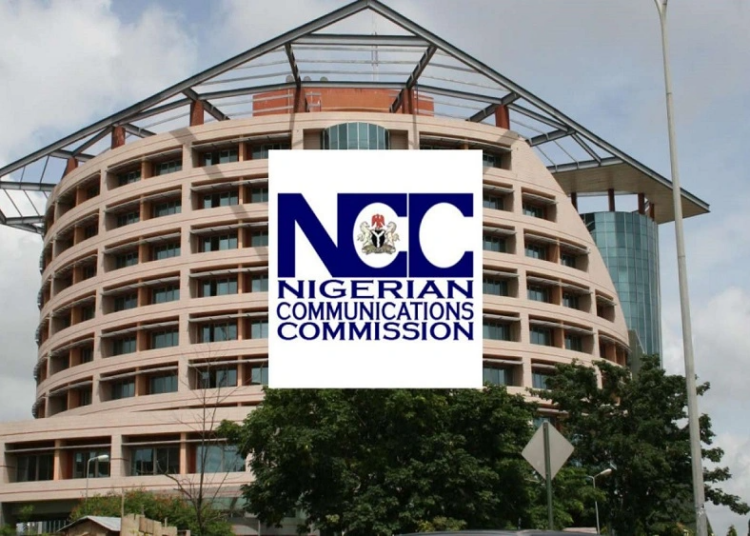The Nigerian Communications Commission (NCC) has called on telecommunication companies to invest more in renewable energy as the demand in industry is increasingly based on sustainable power solutions required for the connectivity and network optimization especially with the introduction of the 5th Generation (5G) network.
The Executive Vice Chairman (EVC) of the NCC, Professor Umar Garba Danbatta, gave this task in his address to commemorate this year’s World Consumer Rights Day (WCRD) with the Theme: “Empowering Consumers through Clean Energy Transitions” which was held in Abuja on Wednesday.
The NCC boss, who was represented by the Executive Commissioner (Stakeholder Management) of the NCC, Adeleke Adewolu, promised to safeguard the interest of telecom consumers, noted that the commission’s goal is to deliver a smooth transition for consumers experiencing a high cost of living as the globe responds to the ongoing energy crisis caused by supply and climate issues.
He said “all over the globe, telecom companies are among the biggest energy users, because of the stiff industry competition which causes them to try to satisfy their consumers by providing higher-speed networks. With the rising utility costs, it is critical for companies to reconsider the sustainability of their operations by lowering the operational impact on the environment. This is more so because it has been found that implementing energy efficiency measures could potentially reduce the operating costs of telcos by up to 20 per cent.”
Danbatta pointed out that the commission has been proactive in responding to the realities and challenges posed by the impact of using fossil fuel as a power source in the telecommunications industry.
He said “Consequently, to minimize the environmental impacts of climate change caused by carbon emissions, telecom network providers need to come up with a modern and more energy-efficient network.
This includes the use of Solar-powered Cells, wireless electricity or a hybrid system to replace higher energy-consuming equipment that will lead to a reduction in capital expenditure (CAPEX) and operational expenditure (OPEX) and by implication, a reduction in service costs to consumers.
“Transitioning to renewable energy is predicted to result in a lower cost of operation as operators will be able to save on the cost of diesel, which accounts for a large chunk of the costs incurred by these licensees. The competition that the Commission consistently promotes among industry players has a natural consequence of the savings on the cost of diesel passed on to consumers, which would potentially result in lower prices for services.
“Therefore, I want to use this opportunity to call on MNOs and Original Equipment Manufacturers (OEMs) to come up with innovations in sustainable energy in line with the International Telecommunications Union (ITU) Recommendation ITU-T L.1380 on smart energy solutions for telecom sites’ performance, safety, energy efficiency and environmental impact. This is vital to address the challenges of climate change and environmental degradation,” he said.
Adeleke Adewolu, in his own remarks said the commission is more focused on environmentally sustainable service models that truly serve the consumer better.
He said “the Nigerian telecoms industry today boasts of over 226 million voice customers and over 156 million internet customers as at 31 January 2023. These consumers leverage on communications infrastructure for social interaction, health service, access to education, banking, etc.
“Meanwhile, as consumer volumes and service diversity continue to grow, network operators have to roll-out more infrastructure for coverage in new, mostly rural areas, and for network expansion in already saturated urban markets. Emerging technologies like 5th Generation (5G) mobile services will also require more infrastructure.”





